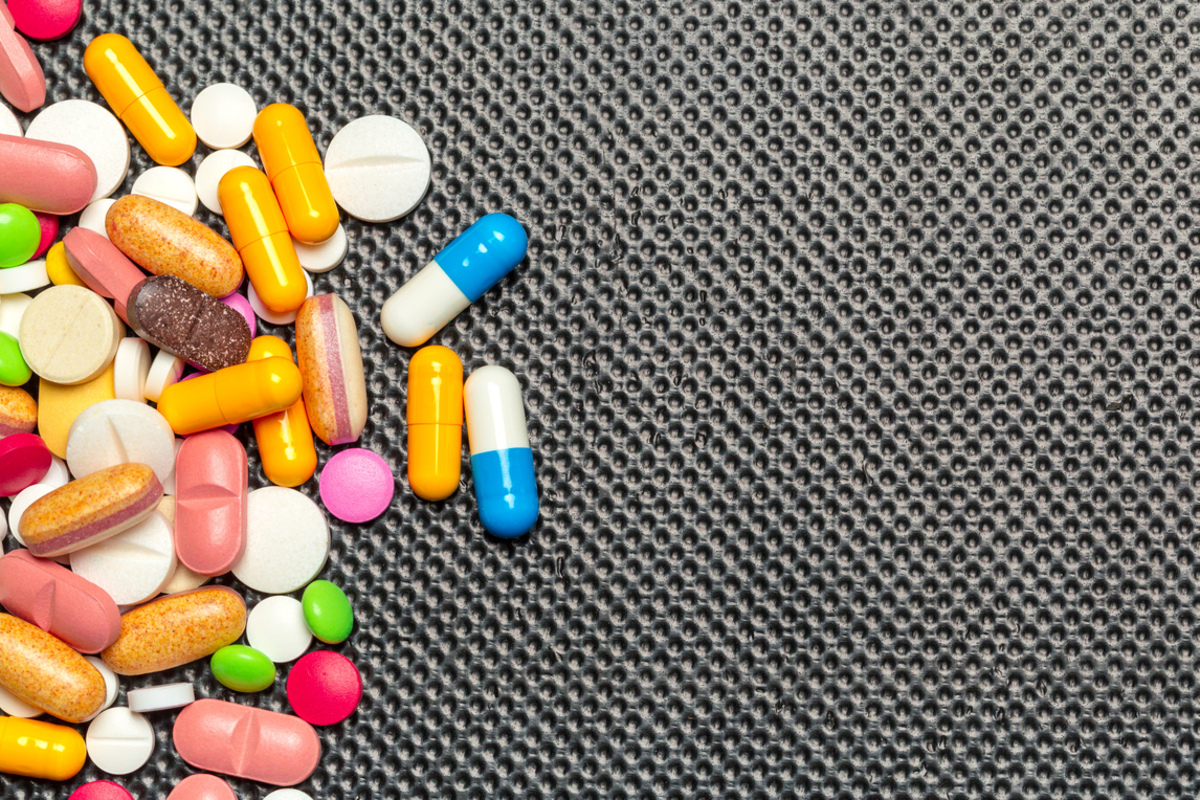Having in mind that the liver is the main organ to break medications and toxins down, toxic liver injuries are fairly frequent, and can imitate almost all types of liver diseases.

When your liver develops an inflammation due to prolonged contact with toxic matter, we’re talking about toxic hepatitis. It can be caused by a number of substances: alcohol, food supplements, herbal remedies, vitamins, and different medications, which are by far the most common causes of this type of hepatitis. Specifically, when liver damage is caused by medications, we call that “drug-induced hepatitis”.
What causes drug-induced hepatitis?
Drug-induced hepatitis can be caused by many different drugs, especially when taken in doses larger than those recommended, or without prior consultation with your physician. Also, when your body breaks down medication, toxic byproducts may emerge, which can cause an inflammation of the liver. Accordingly, mixing drugs with alcohol is a very common cause of this disease, because your liver is then unable to process these products properly and efficiently.
Drug-induced hepatitis can be caused by:
- Over-the-counter pain relievers and fever reducers, such as aspirin, acetaminophen (Tylenol), ibuprofen (Advil), and naproxen (Naprosyn).
- Prescription medications, used in treating high cholesterol (statins), seizures (phenytoin), fungi (ketoconazole), some antiviral drugs, tetracyclines.
- Birth control pills.
- Anabolic steroids.
Other than that, there are some risk factors that may increase the chance of drug-induced hepatitis, such as:
- Old age – as we get older, the liver removes toxins more slowly, and therefore the harmful byproducts spend a longer time in your body.
- Being female – women metabolize some toxins more slowly.
- A history of liver disease
- Hepatitis B and/or C infection
- Certain genetic mutations that affect liver enzymes
- Drinking alcohol
What are the symptoms of drug-induced hepatitis?
Mild forms of drug-induced hepatitis do not cause any symptoms, and can only be detected through blood tests, where liver enzymes show higher values than normal.However, when symptoms do appear, they can include:
- Jaundice (yellow color of the skin)
- Pain in the upper right part of your belly
- Lack of energy
- Nausea and vomiting
- Itching
- Fever
- Dark or tea-colored urine
- White or clay-colored stool
When should I be worried about the possibility of drug-induced hepatitis?
The diagnosis of drug-induced hepatitis can be difficult because there aren’t any specific signs and symptoms, which means that other causes of hepatitis must be excluded. Your doctor will pay close attention to your history, particularly to medications you’ve been taking, especially having in mind the duration of the therapy. It can take from a couple of days to even a few months from the beginning of your therapy to early symptoms showing. This can be a bit more problematic if you’re taking multiple medications for chronic illnesses.
The next thing your doctor will do is to order a blood test. The results will show elevated liver enzymes, and high bilirubin (a waste product made from old blood cells), which all indicate liver damage.
Physical examination can show tenderness just under the ribcage on your right. In some cases, a rash may be present. Imaging tools, such as ultrasound, CT, or MRI can help in showing changes to the liver. In the most complicated cases, a more invasive test, such as a liver biopsy can help confirm the diagnosis, or on the other hand, exclude other causes.
How is drug-induced hepatitis treated?
In most cases of drug-induced hepatitis no specific treatment is available. The first and the most important step is to immediately stop taking the medication that causes liver damage, which will cause your liver to improve within days or weeks.
Your doctor may prescribe some medications, especially if you’re nauseous or vomiting. Alcohol and other substances that may harm the liver are strictly forbidden, and heavy exercise is not recommended.
In drastic cases it is essential to receive emergency care, where drugs such as acetylcysteine are given to minimize the harm caused by the initial drug overdose. If the liver is damaged beyond the possibility of repair, the patients may require liver transplantation as their only option.
Can I prevent drug-induced hepatitis?
Because you can’t know how your body will react to certain medications, there is always a chance of unwanted reactions caused by specific drugs. You can minimize this risk by taking medications only when really necessary, maybe even have in mind some natural remedies as an alternative.
In conclusion
All types of medication can potentially lead to liver damage. In most cases, the condition will improve quickly after you stop taking the drug, which is why it is important to quickly recognize the symptoms and remove the harmful substances from the body. This way the chances of chronic liver disease or liver failure are down to minimum.
- Davies, D. (1985). Textbook of adverse drug reactions.
- Photo courtesy of SteadyHealth
- www.ncbi.nlm.nih.gov/pmc/articles/PMC3467427/
- https://www.ncbi.nlm.nih.gov/pmc/articles/PMC3160634/


Your thoughts on this